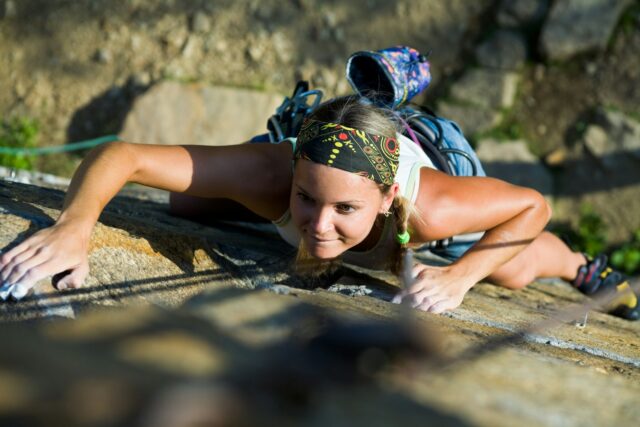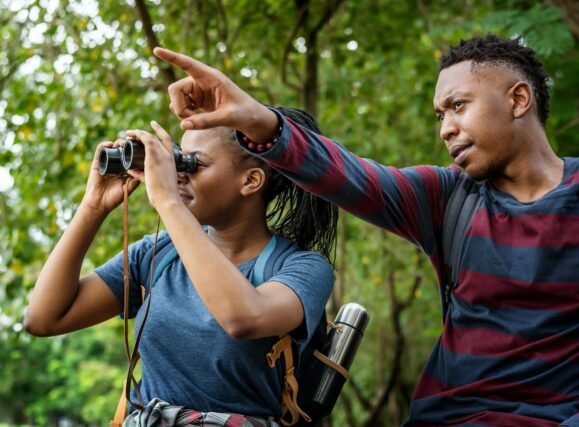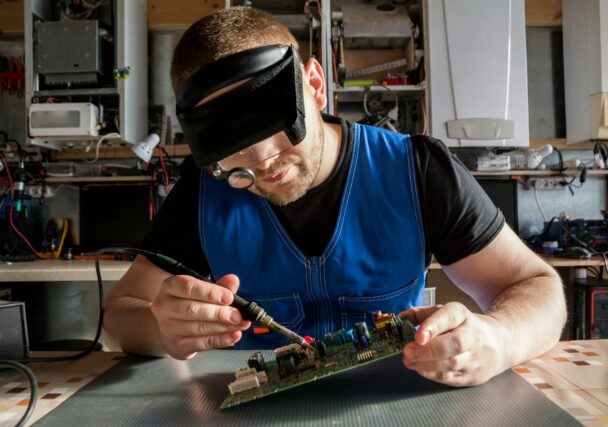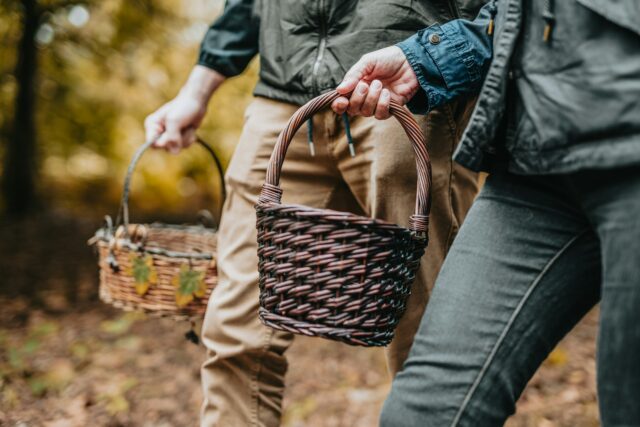We all need something beyond work and Netflix to keep us sane (and no, scrolling through TikTok for hours every night doesn’t count).

It’s important to cultivate different interests that not only enrich your mind, but make your life a little more fulfilling, too. Maybe you don’t really know what you’d like to try, and that’s okay. These hobbies aren’t just ways to pass time — hey’re doorways to becoming more interesting, skilled, and fulfilled.
1. Urban gardening changes how you see food.

Start with a few herbs on your windowsill, and suddenly, you’re paying attention to seasons, weather, and growth cycles. There’s something deeply satisfying about dropping home-grown basil into your pasta or making tea from mint you nurtured yourself. Even if you kill a few plants along the way, the process of growing anything edible shifts your entire relationship with food.
2. Film photography slows down your perspective.

With only 24 or 36 shots per roll, you can’t just snap away mindlessly. You start really looking at light, composition, and moments worth capturing. The anticipation of waiting for your photos to develop builds a different kind of appreciation for images. Digital is convenient, but film teaches you to see.
3. Woodworking connects you to physical creation.

In a world where we spend most of our time tapping screens, working with wood brings you back to tangible reality. Starting with basic projects like a cutting board or simple shelf shows you how raw materials become functional objects. The satisfaction of using something you made with your own hands never gets old.
4. Rock climbing builds problem-solving muscles.

Each route is like a puzzle your whole body has to solve. You start seeing possibilities in seemingly impossible situations, learning to trust your instincts and capabilities. The mental game of managing fear while staying focused translates surprisingly well to other life challenges.
5. Learning a new language rewires your thinking.

Even just learning basic phrases in another language opens up new ways of expressing ideas. You start noticing how different cultures encapsulate concepts that don’t exist in your native tongue. The process humbles you while expanding your view of human communication.
6. Fermentation teaches you patience.

Making your own kimchi, kombucha, or sourdough connects you to ancient food traditions. You learn to work with living cultures, understand timing, and accept that some things can’t be rushed. The practice of nurturing these transformative processes gives you a new appreciation for slow changes.
7. Writing short stories pushes your creativity.
 Source: Unsplash
Source: Unsplash Creating fictional worlds and characters stretches your imagination in unexpected ways. You start paying more attention to how people speak, move, and reveal themselves through small actions. Even if you never show anyone your stories, the practice of crafting narratives changes how you understand human nature.
8. Bird watching attunes you to nature’s rhythms.

Once you start noticing birds, you begin seeing patterns in their behaviour, migration, and interactions. Your awareness of seasonal changes, local ecosystems, and environmental shifts deepens naturally. This hobby teaches you to slow down and observe the world beyond human activity.
9. Instrument playing reshapes your brain.

Learning an instrument isn’t just about making music — it’s about developing new neural pathways. The process of coordinating your hands, reading music, and expressing emotion through sound creates unique mental connections. Every practice session is literally rebuilding your brain.
10. Pottery grounds you in the present.

Working with clay demands your full attention and physical presence. The mindfulness comes naturally as you focus on pressure, moisture, and form. Each piece teaches you about imperfection and letting go, as even experienced potters never know exactly how things will turn out.
11. Social dancing builds natural confidence.

Whether it’s salsa, swing, or folk dancing, partner dancing teaches you about non-verbal communication and leading or following with grace. You learn to read subtle cues, adjust to different partners, and move through space with awareness. The skills extend far beyond the dance floor.
12. Electronics tinkering demystifies technology.

Starting with basic circuits and working up to simple Arduino projects helps you understand how things actually work. You stop seeing technology as magic and start recognising patterns and possibilities. The confidence of being able to fix or modify devices changes your relationship with the digital world.
13. Foraging connects you to local ecology.

Learning to identify edible plants in your area makes every walk an adventure in discovery. You develop an intimate knowledge of local seasons, habitats, and ecological relationships. This direct connection to finding food in the landscape awakens ancient human instincts while building environmental awareness.




